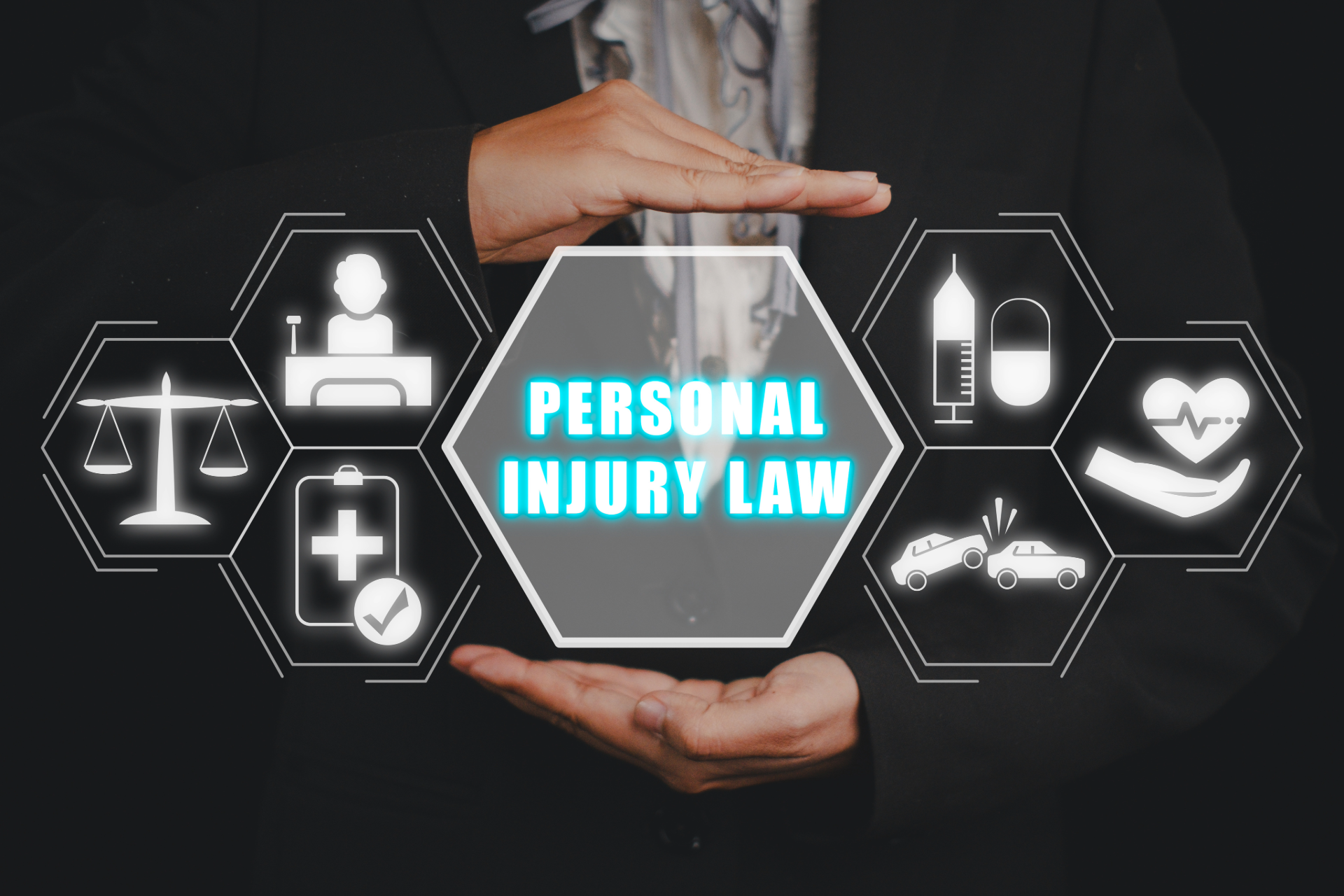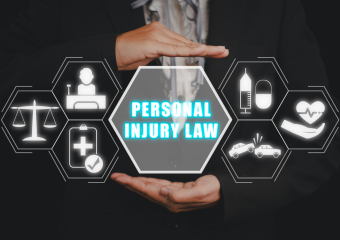Georgia Comparative Fault Law Explained: Must-Know Tips for Injury Cases
Understanding Georgia’s Comparative Fault Law: What It Means for Your Injury Case
When you are involved in an injury case in Georgia, understanding the state’s comparative fault law is crucial. This law directly affects how responsibility is assigned in accidents and how damages are awarded. Comparative fault can significantly influence the outcome of your case, making it essential to grasp its nuances to protect your rights and maximize your compensation.
What is Comparative Fault in Georgia?
Comparative fault, also known as comparative negligence, is a legal principle used to determine the degree of fault each party bears in an accident or injury. Rather than assigning blame entirely to one party, Georgia’s comparative fault law allows fault to be divided among all parties involved, including the plaintiff (the injured party). This means that even if you are partially responsible for your injury, you may still recover damages, but your compensation will be reduced in proportion to your percentage of fault.
Georgia’s Modified Comparative Fault Rule
Georgia operates under a modified comparative fault rule, sometimes called the “50% bar rule.” This means that an injured party can only recover damages if they are found to be less than 50% at fault for the incident. If you are deemed to be 50% or more responsible, you will be barred from recovering any compensation.
For example, if you are found to be 40% responsible for an accident and the other party 60%, you can recover 60% of the total damages awarded. Conversely, if you are found 50% or more responsible, you will receive nothing.
How Fault is Determined in Georgia Injury Cases
Determining fault typically involves an investigation of the accident, including:
- Witness statements
- Police reports
- Physical evidence like photos or videos
- Expert testimony in some cases
Each party’s actions before, during, and after the incident are analyzed to assess their contribution to the accident and injury. Factors such as negligence, reckless behavior, or violations of law are considered. Once fault percentages are assigned, the court or jury uses this division to allocate damages.
Impact on Your Injury Claim
Understanding comparative fault is vital because it impacts how much you may recover, if anything. Here are some key considerations:
Reduces Damages Based on Your Fault
If you are partially at fault, your compensation will be reduced accordingly. For instance, if you have $100,000 in damages but are 30% at fault, your award will be reduced by 30%, resulting in $70,000.
Can Bar Recovery if You are 50% or More at Fault
This is a crucial limitation in Georgia. Being 50% or more responsible disqualifies you from recovering compensation entirely, regardless of the other party’s conduct.
Encourages Settlements
Compared to states with harsher rules on fault, Georgia’s law encourages settlements before trial because parties are motivated to negotiate fair fault divisions.
How Comparative Fault Affects Different Types of Injury Cases
Comparative fault law applies broadly across personal injury cases in Georgia, including automobile accidents, slip and fall incidents, product liability claims, and medical malpractice suits. The law’s flexibility allows it to cover simple disputes over minor negligence as well as complex multi-party accidents involving several injured individuals and defendants.
Practical Tips for Injury Victims in Georgia
If you are involved in an injury case, understanding comparative fault can help you take proactive steps:
- Document everything: Collect evidence thoroughly to support your version of events.
- Avoid admitting fault: Even casual statements can be used against you in determining fault.
- Seek legal advice early: An experienced Georgia injury attorney can help assess fault issues and protect your claim.
- Understand Georgia deadlines: Be mindful of the statute of limitations to file your injury claim promptly.
- Negotiate strategically: Knowing your fault percentage helps in settlement negotiations.
Conclusion
Georgia’s comparative fault law introduces a nuanced approach to determining liability in injury cases. While it allows for shared responsibility among parties, it also imposes strict limits on recovery if you are found significantly at fault. Being knowledgeable about this law ensures you can better navigate the legal process, maximize your potential compensation, and avoid pitfalls that could jeopardize your claim. If you’re facing an injury case in Georgia, consulting with a qualified attorney familiar with these rules is one of the best ways to protect your rights and achieve a fair outcome.






